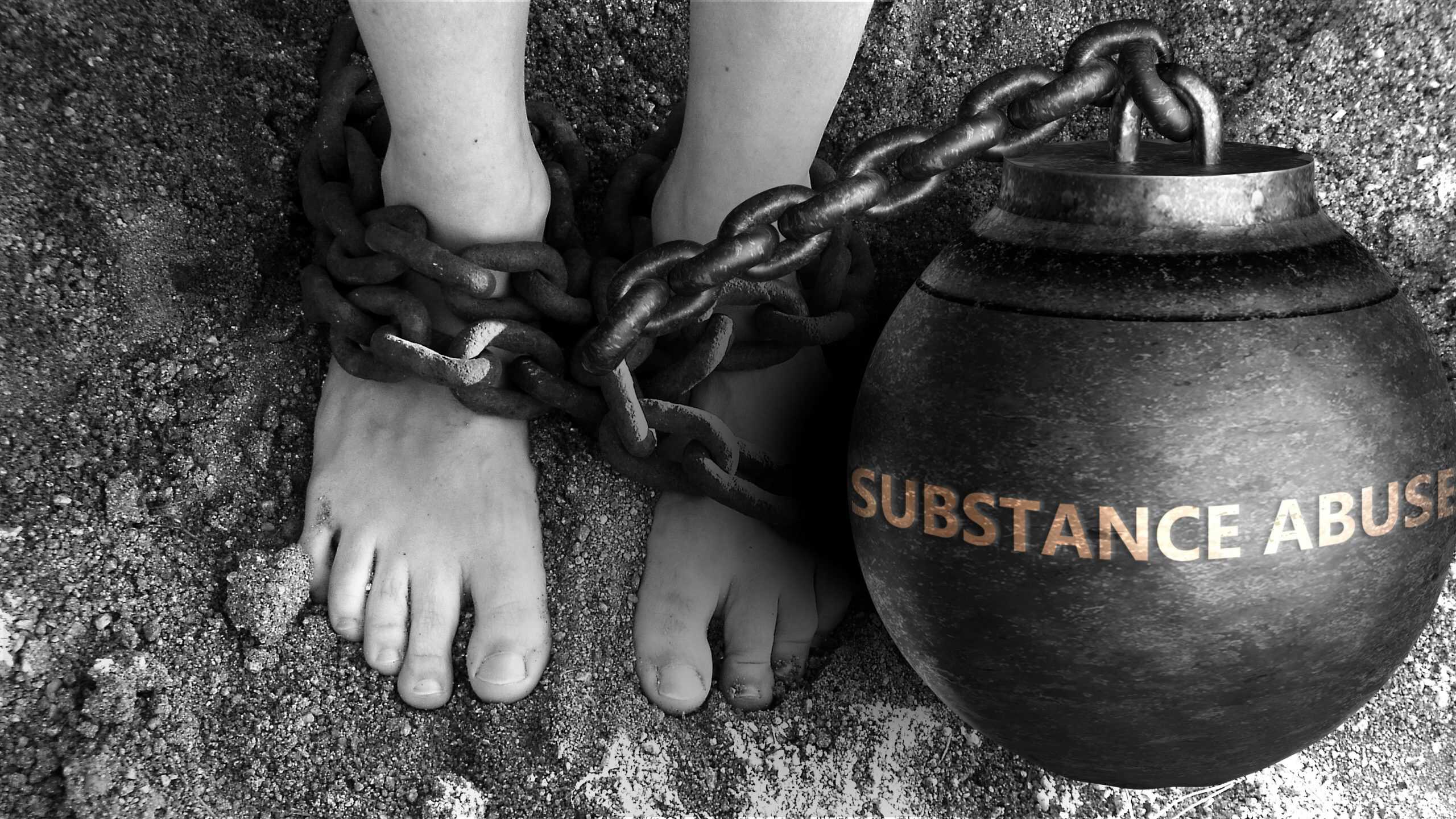America Celebrates the Drug War's 50th Anniversary
Posted on July 2, 2021
by Thaddeus Camlin, PsyD Let’s call a spade a spade. The war on drugs is a euphemism for a war on personal freedom. The hypocrisy inherent in a war on personal freedom in the self-proclaimed land of the free is more than a tad embarrassing (insert cringe emoji here). The number of lives ruined with criminal scarlet letters and families torn apart because someone dared possess psychoactive compounds is beyond measure. Even on the very day of writing this article a U.S. Olympian was kicked off the track and field team because she tested positive, not for a performance-enhancing drug, but for cannabis detected in her bodily fluids after she inhaled the plant’s smoke to ease the pain of the death of her mother. This Independence Day, as America celebrates the passing of the drug war...
full story









